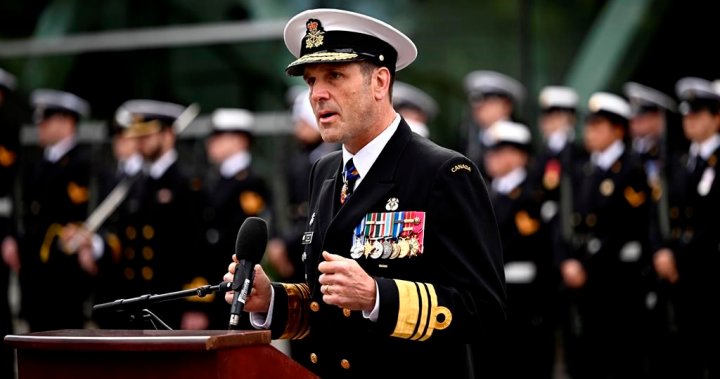Clearer. So, sticking with the plucks, 25k required, 10k available, 4k used, are you saying that techs are being redirected to non tech tasks when they could be doing tech work? Or are they idled waiting for parts or waiting for things to break?
Not really, most of it is a necessary evil, but if you are expecting people to be doing the 100% tech work all the time then it makes no sense why the PM/CM numbers aren't higher. And if you are using 100% marker to size your external shore support, you way underestimate SS capacity. There are better ways though to manage some of the DRMIS things, and we tended to get the PO2 that was the watch supervisor to do it for all the maintenance done instead of the techs, which made sense anyway with the limited number of laptops.
It's actually probably worse now with smaller crews on the same ships with the lack of people; people are on duty more than previously, and also more people filling in for missing supervisor/manager billets. I wouldn't be surprised if a lot of techs weren't doing any wrench turning type stuff alongside at all, and only doing it at sea when not on a console, or doing other things like personnel admin, cleaning, PT etc.
There have been some good initiatives like having crews augmented by sailors ashore to help with maintenance, but that's a dent in the workload, not fully catching up, so always kind of behind the times. As long as you are aware of it, it just rolls into the context and helps temper expectations for what is possible.
And like
@Halifax Tar mentioned, missing parts means going without or workarounds, all of which creates more work and it's all reactive.
Parts are missing because there are shortages/challenges on the Material side, with obsolete equipment, lot of processes and not enough people to manage it all. I've been in an LCMM job for about 4 years now, and probably only spend about 10% of my time doing the routine LCMM stuff that is proactive; most of it is reactive to things being broken, as well as covering off empty jobs, doing secondary things, supporting PMO etc.
It's a comparable workload to what I was doing on the ship, except when we miss something an entire fleet (or in some cases for common equipment, the entire CAF) can get impacted.
I guess in general when you read people's job description, it seems to be a fraction of what they actually do in reality, and things that should be 2 steps are usually 10, so a lot of things take longer/don't get done because as a result. Just to put things in context I guess of why adding a few more people doesn't necessarily fix things as the deficit is huge and most of what they do isn't just being a tech.
Deliberately trying to take things off the SS plate though at the LCMM level, and pretty sure successfully avoided a new process from ballooning to almost 5000 additional DRMIS transactions for a single system on each ship in the fleet in an op cycle down to 2 (once when you turn it on, another when you turn it off), and maybe a few more if there are system leaks. That has taken a ridiculous amount of arguing with different L2s for common sense, but lots of things like that just eat up time. If that actually happens, the current workload will simplify a bit as well, so will be pretty happy about it (even if no one else actually knows what the alternative was).




